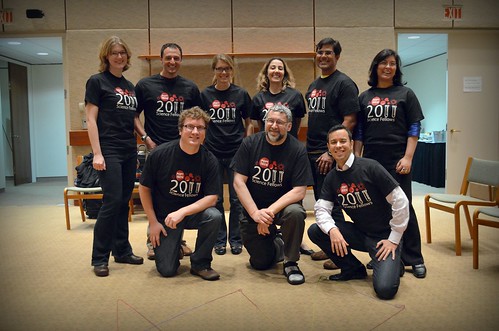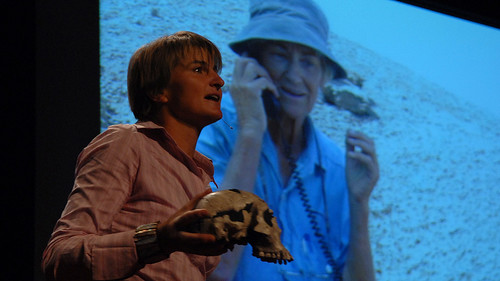U.S. researchers have cloned monkeys and used the resulting embryos to get embryonic stem cells, an important step towards being able to do the same thing in humans, they reported on Wednesday.
Shoukhrat Mitalipov and colleagues at Oregon Health & Science University said they used skin cells from monkeys to create cloned embryos, and then extracted embryonic stem cells from these days-old embryos.
This had only been done in mice before, they reported in the journal Nature. Mitalipov had given sketchy details of his work at a conference in Australia in June, but the work has now been independently verified by another team of experts.


















